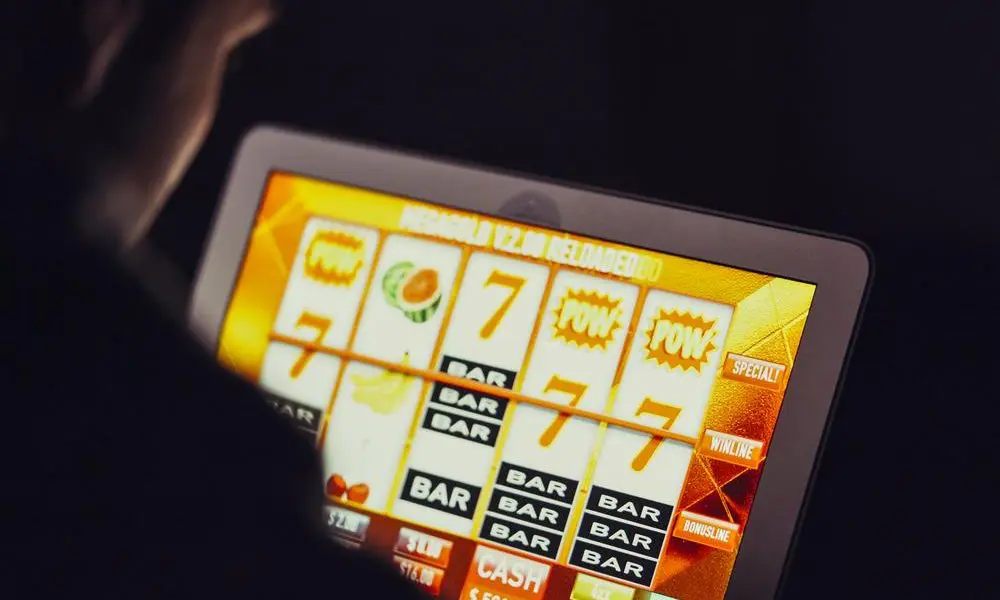RNG testing confirms that online slot games produce random results that no one can predict or change. Without proper testing, casinos could modify outcomes to increase their profits beyond the stated percentages. Each spin in a pg slot generates outcomes based on completely random mechanisms. Independent laboratories test RNG systems to check fairness and stop fraud. These tests protect players from manipulated games and keep the industry honest.
Fairness verification process
Independent testing labs check RNG software to make sure it produces genuinely random results. These labs run millions of test spins and study the pattern of outcomes. Good RNG systems show no patterns or predictable sequences across long testing periods. Labs check that advertised payout percentages match the actual results over many spins. Testing procedures include:
- Analysis of how evenly numbers get distributed
- Checks that each symbol appears at the right frequency
- Verification that bonus features happen at the stated rates
- Search for any repeating sequences or cycles
Third party audits
Trusted testing organisations have no financial connections to casinos or game makers. This independence stops conflicts of interest that could ruin testing quality. Labs keep strict standards for certification. They hire mathematicians and computer scientists who study probability and algorithms. Audit reports explain what testers checked and what they found:
- Full review of RNG source code
- Hardware checks for proper random seed creation
- Network security tests to stop outside tampering
- Ongoing monitoring rules after the first certification
Casinos show certification badges from these labs on their websites. Players can click these badges to check if the certification is real. Fake or old certificates show questionable operations. Regular retesting rules keep compliance active because one-time certification is not enough.
Player protection measures
RNG testing stops casinos from changing payout rates based on player activity. Without oversight, operators could see when players win big and tighten the RNG to get the money back. Certified systems stop this cheating through sealed and watched code. Any changes to RNG software need complete re-certification before use. Testing also checks that the advertised game features work correctly. Bonus rounds must happen at stated frequencies, not reduced rates. Free spin features need to pay out by the published rules. Wild symbols and multipliers should appear with correct odds. These protections make sure marketing claims match real gameplay.
Certification standards required
Different countries have different RNG testing rules. European countries usually demand stricter standards than some offshore locations. The Malta Gaming Authority enforce complete testing rules. Casinos working in these markets must meet high certification levels. Testing standards set minimum RTP percentages, usually between 85 and 98 percent for slots. Games below these numbers fail certification. Standards also limit maximum volatility to stop extremely wild payout patterns. Hit frequency rules make sure players get some wins regularly instead of endless losing spins.
RNG testing builds the foundation for fair online slot gaming. Third-party audits stop casino cheating and protect players from rigged games. Certification standards enforce minimum payout percentages and proper feature function. Players should only use sites showing current RNG certificates from known testing labs. These protections separate real operations from questionable sites without adequate oversight. Valid RNG certification is the main sign of trustworthy slot games.

